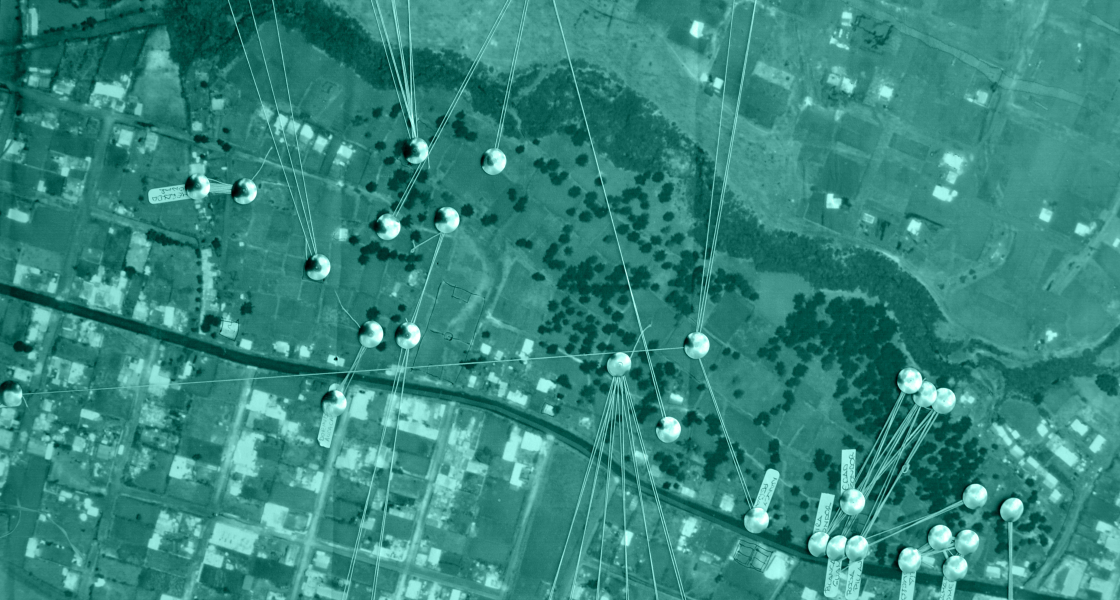Understanding the community structure of a particular system through visualising relationships. pdf download
Goal: To understand the relationships community residents have with one another and the broader context.
Audience: Users of a particular structure.
What you need:
– Coloured pens and pencils
– Large map of the neighbourhood and its wider surroundings
– Lebels/Post-it notes
– Note paper
Description
This exercise aims to identify and understand the community structure of a particular system. For example we can identify and compare different agricultural areas and how they are managed.
A large map of the neighbourhood is taken to a site and used to guide discussion. Conversation should focus on the advantages and disadvantages of management and the relationship between sites. These connections can be visualised as a series of connections on the map, with annotations explaining pros and cons.
Instructions:
Instructions:
Step 1: Identify community structures through such tools as ‘Semi-structured Interviews’ and ‘Walking and Talking’.
Step 2: Assign colours and symbols to a particular system.
Step 3: Visits relevant sites, engaging in conversation with users of a particular system over advantages and disadvantages of the management and relationships between sites.
Step 4: Make notes and map the relationships users have with land and each other through annotations and/ or labelling. Refer to the map throughout the discussion.




